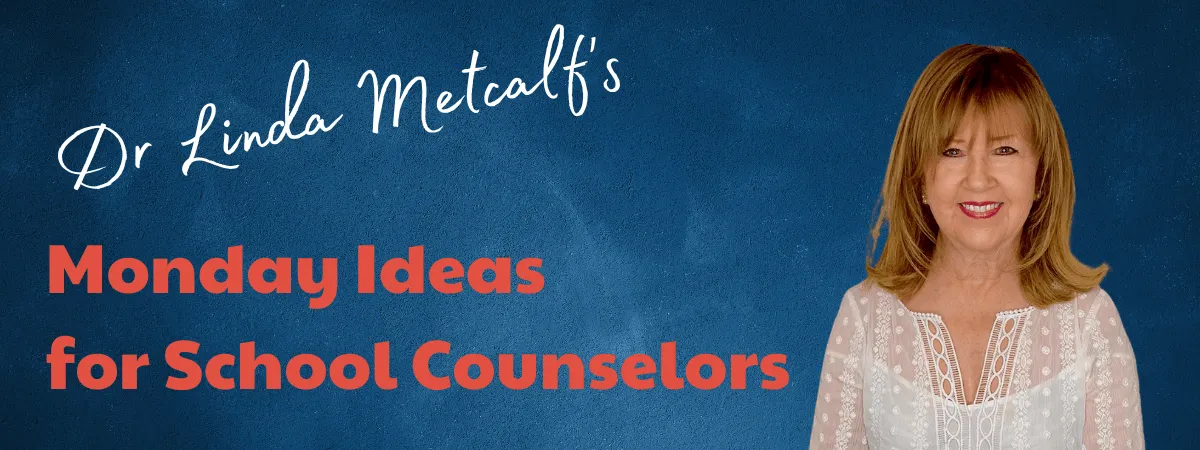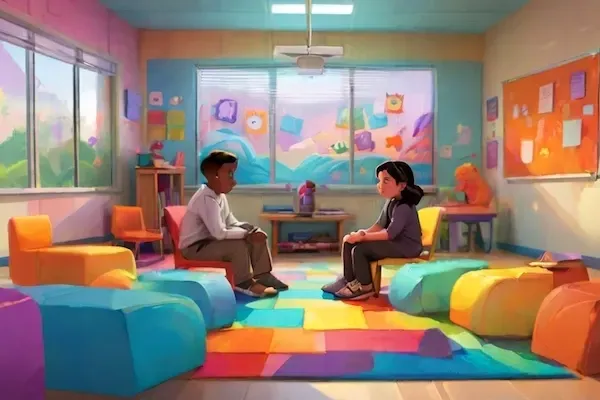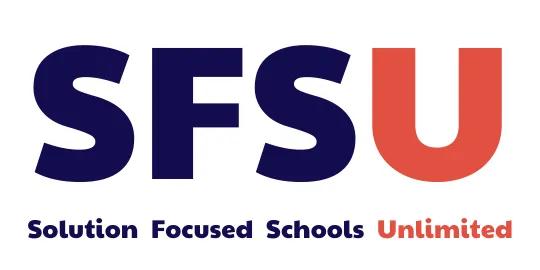
Monday Ideas for School Counselors
Weekly articles for school counselors with ideas on how to resolve typical school situations with students, teachers and parents using the solution focused approach.

Got Problem-Mania? Problem Busting to the Rescue
It’s tough out there. We see it as school counselors. And when teachers feel overwhelmed and frustrated, often, they only see problems. Unfortunately, our students are on the receiving end of teachers being frustrated and that can affect them mentally and emotionally.
So, how do you help both?
As a school counselor, when “problem-mania” appeared in frustrated teachers, I often kept nodding, without comment. If you even suggest an idea, there’s a good chance you will be shut down because you were not there with that student. So, no suggestions either.
So, on this Monday, consider these ideas to leap into problem-busting so both teachers and students can get resolution. They are quick strategies that don’t require a lengthy conversation.
Idea 1: Exception Hunting
This is especially helpful if you are sidetracked by a teacher in the hallway who is desperate for your help. Exceptions are times when a situation, behavior or lesson goes slightly better.
See the teacher as simply stuck in problem-mania and can only see problems. After listening and nodding, ask about times when things are not as tough in the classroom, or, with a student. Be patient, it may take a while to open up possibilities that way. If that does not work, again, refrain from suggesting and ask the teacher to think about it. I like giving them a note page with: “Times when things were slightly better” at the top.
Idea 2: Redescription
When you hear:
he’s so difficult, he cannot focus
she’s disrespectful and could care less
her parent doesn’t care so she doesn’t care
These are problem saturated stories and describing students or parents in this way leads nowhere.
So, when you hear descriptions like these, consider responding similarly to the following:
So, right now, he’s not focusing… can you think of times when he did focus slightly?
Sorry that she is disrespectful and doesn’t care right now. That’s hard on you because I know you care. Tell me times when she was slightly more respectful to you? How about a time when she seemed to care slightly more? What was going on then?
It’s so hard when a parent doesn’t seem to care at times, and it affects their child. What have you done with other parents before, to let them know that their child has potential?
Notice how all of the responses are focused back on the other person, not the teacher. The teacher, however, is seen as an expert in each of these responses, giving back some credibility to them, which they deserve.

Practical tools and strategies for school counselors to help students achieve their goals
Practical tools and strategies for school counselors to help students achieve their goals
© 2026 Solution Focused Schools Unlimited LLC


